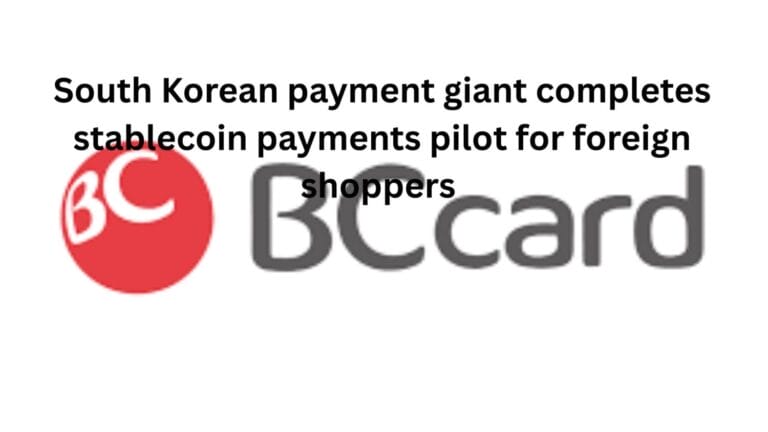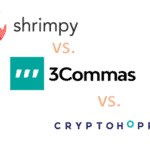Key Takeaways:
- Candidates are offering non-fungible tokens ascCrypto creeps into US politics.
- Candidates for the House of Representatives and the Senate employ tokens such as campaign items.
- In the midterms, questions about regulation and public awareness linger.

Congressional candidates are breaking into the cryptocurrency realm by offering non-fungible tokens to help fund their campaigns in the upcoming midterm elections.
NFTs have been given as incentives for contributions by Democrat Shrina Kurani, who is running for a House seat in California, and Republican Blake Masters, who is running for the Senate in Arizona, with varying degrees of success.
However, crypto’s foray into politics is still in its infancy. Few contenders have profited from the boom, which includes a 60% increase in Bitcoin’s value in 2021 and a $69.3 million sale of an NFT artwork at a Christie’s auction.
Using the same blockchain technology that powers Bitcoin and other cryptocurrencies, an NFT is “minted” with a unique digital certificate of validity.
But, unlike campaign T-shirts and other swag, it’s supposed to be owned, sold, or traded as an asset rather than being used as currency, and it costs money to generate.
In an interview, Kurani stated, “NFTs are our campaign merchandise.”
Kurani, who claims to have been the first to distribute NFTs to campaign donors through a digital marketplace called SolSea, says she’s doing so to enlist the support of a younger generation, similar to how former President Donald Trump has raised millions of dollars from supporters wearing MAGA hats.
When the offer closed at the end of December, she had only raised $6,610 and distributed less than a dozen tokens.
Masters said he raised about $575,000 in late December by promising to provide supporters tokens with cover art for a book he co-wrote with Silicon Valley billionaire and prominent Trump booster Peter Thiel about startup enterprises.
According to an FEC analysis of disclosure reports mentioning cryptocurrency that was shared with Bloomberg Government, only about a dozen campaign committees have received any money through digital currency since the Federal Election Commission first approved cryptocurrency contributions nearly eight years ago.
During a time when thousands of campaign committees raised tens of billions of dollars, these committees had about $1 million in total crypto transactions.
In a statement, Lummis stated, “Financial innovation is a wonderful thing, including in politics.” “Digital assets are safe and simple to utilize, and while just a few Members of Congress accept digital asset campaign contributions right now, I’m confident that number will expand. We are at the beginning of the digital asset revolution, and I am hoping that my fellow senators will join me in pushing financial innovation, as it will be critical to America’s continued worldwide financial leadership.”
Sen. Cynthia Lummis (R-Wyo. ), a leading crypto enthusiast in Congress, accepts campaign contributions in Bitcoin and is advocating for legislation to establish industry standards and regulations.
Cryptocurrency, according to fundraising consultants, is still a long way from becoming a regular source of contributions, and there are concerns about how easy campaign finance restrictions may be circumvented.









